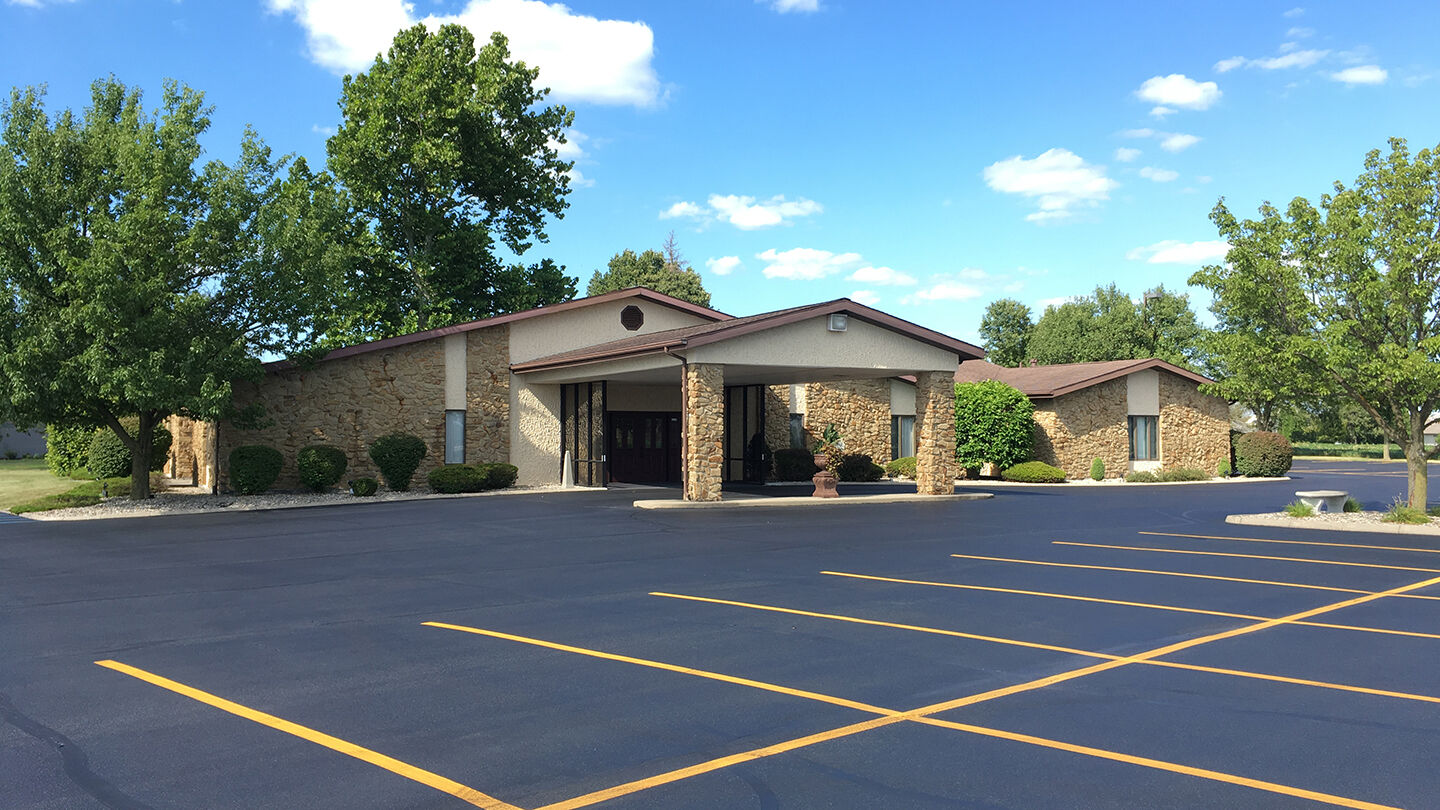A lien on a house is a legal claim placed on a property by a creditor. It is typically done when the homeowner fails to pay a debt, such as a mortgage, property taxes, or home repairs. The lien gives the creditor the right to take action, including seizing the property, to satisfy the debt. Understanding liens and how they work is essential for homeowners and potential buyers to avoid complications during property transactions.
Introduction to Liens on a House
A lien on a house can significantly impact your financial situation and your ability to sell or refinance the property. Whether it’s due to unpaid taxes, home repairs, or a mortgage, a lien essentially ties the property to a debt. It’s a common legal tool used by creditors to secure repayment. The lien will remain in place until the debt is paid off, making it crucial for homeowners to address any liens promptly. In this article, we’ll delve into what a lien on a house is, how it works, types of liens, and how they can affect the homeowner’s ability to sell or refinance their property.
What is a Lien on a House?
A lien is a legal right or interest that a creditor has in the property of a borrower. It is typically placed to secure payment for a debt or obligation. If the homeowner fails to pay the debt, the lien allows the creditor to take legal action to recover the amount owed, including forcing the sale of the property.
Liens can occur in many situations, including mortgage defaults, unpaid property taxes, and unpaid contractor bills. When a lien is placed, it essentially “clouds” the title of the property, making it challenging to sell or refinance the home until the debt is settled.
Types of Liens on a House
Understanding the different types of liens can help homeowners avoid financial pitfalls and know how to handle them effectively. Here are the most common types of liens placed on homes:
- Mortgage Liens
- The most common type of lien, a mortgage lien is placed when a homeowner borrows money from a lender to purchase a property. If the homeowner fails to make mortgage payments, the lender has the right to foreclose on the house to recover the debt.
- Tax Liens
- Tax liens are placed by the government when property taxes are not paid. They take priority over other types of liens and can result in foreclosure if the debt is not settled.
- Mechanic’s Liens
- A mechanic’s lien (or construction lien) can be placed by contractors, subcontractors, or suppliers if they are not paid for work done on the property. These liens allow them to seek payment through a legal claim on the house.
- Judgment Liens
- A judgment lien occurs when a creditor sues the homeowner and wins a legal judgment. If the judgment isn’t paid, the creditor can place a lien on the property to secure repayment.
- HOA Liens
- Homeowners’ associations (HOA) can place a lien on a property if the homeowner fails to pay HOA fees. These liens can affect the homeowner’s ability to sell the property, as they must be paid before the property can be transferred.
How Does a Lien Affect Homeownership?
Liens have serious implications for homeowners. Here are some of the ways a lien can affect your property:
- Selling or Refinancing: A property with a lien cannot be sold or refinanced until the lien is resolved. This can create major roadblocks if you need to move or refinance your mortgage.
- Impact on Credit: A lien on a house can negatively impact the homeowner’s credit score, especially if the lien leads to foreclosure or legal action. The public record of a lien can stay on a credit report for several years.
- Foreclosure: If the lien is not paid, the creditor can begin foreclosure proceedings. This process can lead to the homeowner losing their property to pay off the debt.
- Legal Action: If the debt remains unpaid, creditors may initiate legal action, forcing the homeowner into a position where they have to either pay off the lien or face the sale of the property.
How to Remove a Lien on a House
- Pay the Debt: The simplest way to remove a lien is to pay off the debt in full. Once the debt is paid, the creditor will typically release the lien, and you can proceed with selling or refinancing the property.
- Negotiate a Settlement: In some cases, creditors may be willing to negotiate a settlement for less than the full amount owed, allowing the homeowner to pay a reduced amount and remove the lien.
- File a Lien Release: Once the debt is paid or settled, you may need to file a lien release with the county recorder’s office to officially remove the lien from the property records.
- Dispute the Lien: If you believe the lien was placed in error, you can dispute it. This may involve proving that the debt is invalid or that you have already paid it. This process can be complicated and may require legal assistance.
Can You Sell a House with a Lien?
It is possible to sell a house with a lien, but it can be challenging. The lien must be settled before the property can be transferred to a new owner. In many cases, the lien will need to be paid off at the time of closing, using the proceeds from the sale.
If there are multiple liens on the property, the seller will need to ensure that all debts are cleared before completing the transaction. In some situations, the buyer may refuse to proceed with the sale until the lien is resolved.
Conclusion
Liens on a house are serious financial matters that can impact your ability to sell, refinance, or maintain ownership of your property. Understanding how liens work and the different types that can affect homeowners is crucial. If you find yourself facing a lien, addressing it promptly by paying the debt, negotiating a settlement, or filing a lien release is essential. Always seek professional legal advice if you’re unsure about how to proceed with a lien on your property.
FAQs
- Can I sell my house if I have a lien?
- Yes, but the lien must be settled before the property can be transferred to a new owner. This can be done by paying off the lien or negotiating with the creditor.
- How long does a lien stay on my property?
- A lien can stay on your property for several years, depending on the type of lien and the jurisdiction. For example, a tax lien can remain for up to 10 years.
- What happens if I don’t pay off the lien?
- If the lien remains unpaid, the creditor can take legal action, potentially leading to foreclosure or other consequences, such as garnishment of wages.
- Can I remove a lien without paying the full amount?
- It’s possible to negotiate a settlement with the creditor to pay a reduced amount. However, the creditor must agree to release the lien once the settlement is paid.
- What should I do if I dispute a lien?
- If you believe the lien was placed in error, you can dispute it by providing evidence of payment or that the debt is invalid. You may need legal assistance for this process.




